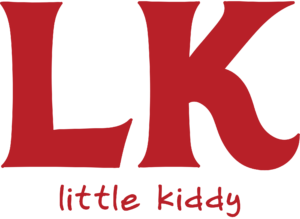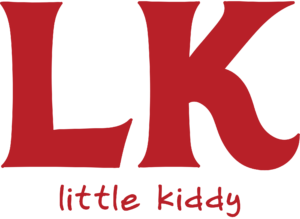-
By: WPdev
-
October 27, 2022
Early Insights: Navigating Autism in Early Childhood
Early childhood is a time of discovery and growth, and for some families, it may also be a period of recognizing and understanding autism. In this blog post, we delve into the journey of autism in early childhood, from diagnosis to parenting tips and the unique challenges faced by families.
1. Early Signs and the Importance of Diagnosis: Recognizing Cues: Explore the early signs of autism in young children, such as communication challenges, repetitive behaviors, and social differences. Understand the significance of early diagnosis in facilitating timely interventions and support.
Learn about the role of play-based interventions in fostering social skills, imagination, and sensory integration in children with autism.
2. The Diagnostic Process: Navigating Assessments: The diagnostic process for autism involves assessments by healthcare professionals and specialists. Learn about the steps involved, the role of developmental screenings, and the importance of seeking professional guidance.
3. Parenting Tips for Early Intervention: Creating a Supportive Environment: Discover practical parenting tips to create a supportive environment for a child with autism. Emphasize the power of early intervention through activities that promote communication, social skills, and sensory regulation.
4. Communication Strategies: Building Bridges: Communication is a cornerstone of early childhood development. Explore strategies to support communication development in children with autism, including visual supports, sign language, and augmentative communication tools.
5. Sensory Sensitivities and Coping Mechanisms: Understanding Sensory Needs: Many children with autism experience sensory sensitivities. Gain insights into common sensory challenges and explore coping mechanisms to create a sensory-friendly environment at home.
6. Tailoring Educational Approaches: Individualized Learning: Understand the importance of individualized educational approaches for children with autism. Explore strategies for adapting learning activities to meet a child’s unique strengths and challenges.
7. The Role of Play in Development: Play as Therapy: Play is a powerful tool for early childhood development. Learn about the role of play-based interventions in fostering social skills, imagination, and sensory integration in children with autism.
8. Collaborating with Healthcare Professionals: Building a Support Team: Collaboration with healthcare professionals is crucial. Discover the role of pediatricians, speech therapists, occupational therapists, and other specialists in providing comprehensive support for children with autism.
9. Nurturing Sibling Relationships: Family Dynamics: Siblings play a vital role in the family dynamic. Explore tips for nurturing positive relationships between siblings, fostering understanding and empathy within the family.
10. Celebrating Milestones, Big and Small: Highlighting Achievements: Celebrate the milestones, big and small, achieved by children with autism. Emphasize the importance of recognizing and appreciating the unique strengths and abilities that each child brings to their family.
Conclusion: Navigating autism in early childhood is a journey of resilience, love, and continuous learning. By recognizing early signs, embracing individualized approaches, and fostering a supportive environment, parents can play a transformative role in their child’s development. Challenges may arise, but with patience, understanding, and a collaborative support system, families can navigate the path with strength and optimism.
In every unique journey, there is potential, and in every child, there is a world of possibilities waiting to unfold.







Leave a comment
You must be logged in to post a comment.